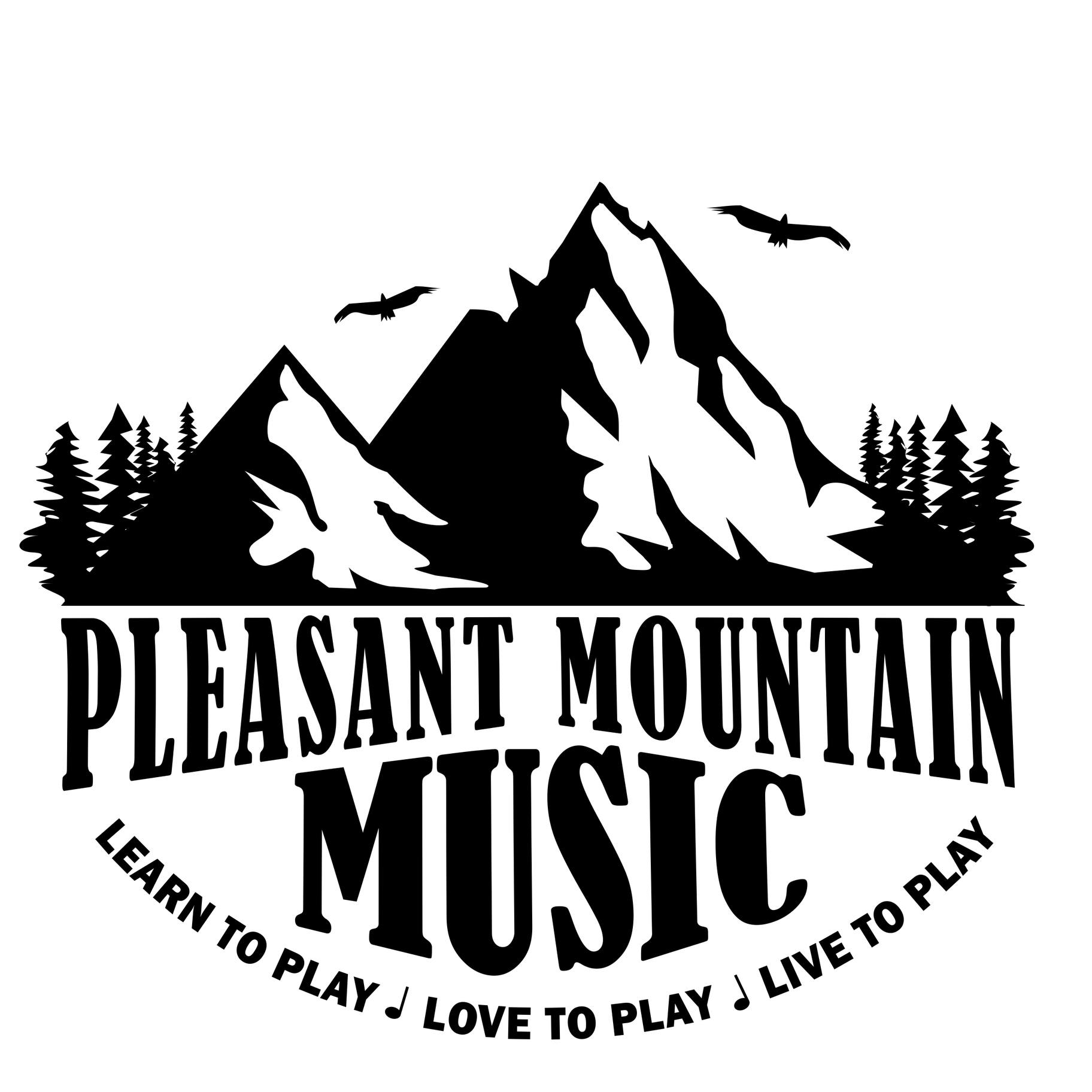Learning to play a musical instrument is more than just learning HOW to play. At Pleasant Mountain Music, we seek to answer WHY we play. Our Learn to Play stream supports a lesson format where students develop a full spectrum of skills on their chosen instrument(s): Skills that include (and are not limited to) technical requirements, improvisation, ear training, note reading, techniques, historical context, composition, and musicianship. All of these skills take a little longer to come to fruition when approached holistically, but the end result is very much worth it: it produces a well-rounded, and fully developed capacity for musical expression, understanding, and a sense of autonomy and confidence in ones ability to play.
Love to Play
Learning to love music is an underpinning philosophy of Pleasant Mountain Music. Music is the only universal language that can be learned at any age and can be pursued from a number of different approaches. No matter the starting goal of our students, we aim to support all students inclusive of the older beginner, mature students, and even seniors (our eldest client is 72 years young)! When in lessons with us we will encourage listening to music, choosing level-appropriate repertoire, and exploring a range of genres for your instrument of choice. We know that some students love opera or 20s jazz, and that some love ska or death metal. And that’s okay!
Whatever your goals might be, we are confident in our ability to support your development of the necessary skills to match the musical self-expression you seek; whether you aspire to learn a specific piece of music, understand the nuances of hybrid time signatures, listen to music with intention, or want to sing and play around the campfire with your friends, building music into your day to day life is what we aim to do. Let us help you learn to love music in your own unique way.
Live to Play
In our Live To Play stream, students are expected to hone their skills through regular home practice, participation in exams, competitions, festivals, and when necessary partaking in specialized courses or workshops. We make space for and shine a light on performance techniques, composition skills, and administration of the music biz alongside the studies of a students’ preferred instrument(s). All Live To Play courses cultivate musicianship while promote a career in music in one (or more) of the following areas: music production, music arranging, live stage performance, soloing and improvisation, session musicians for recording artists, songwriting, and teaching music in the classroom. We have the skills and the motivation to help you make a fulfilling lifestyle and a career from music. Let us show you how!
Here’s what you can expect from a September-June term in the Live to Play stream.
- Recommended weekly lessons: 60-90 minutes: This includes history, theory, improvisation, pedagogy or other instrument-specific training as a part of one-on-one lessons
- Recommended home-practice: daily
- Annual Festival/Competition participation: April to November
- Recital participation: June & December
- Classical instruments-specific Exam Periods: December-January, April, May-June, and August.
 Music Teachers Canada
Music Teachers Canada





